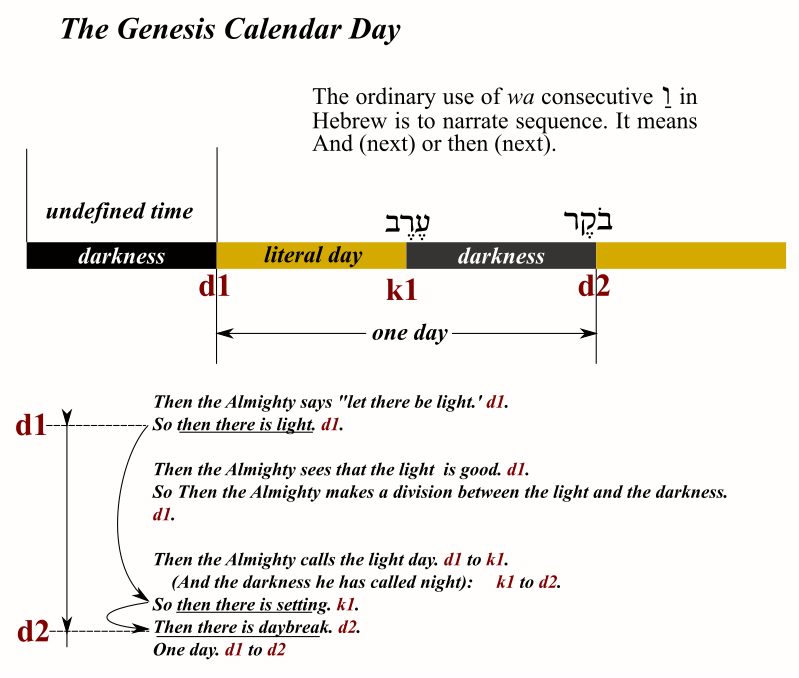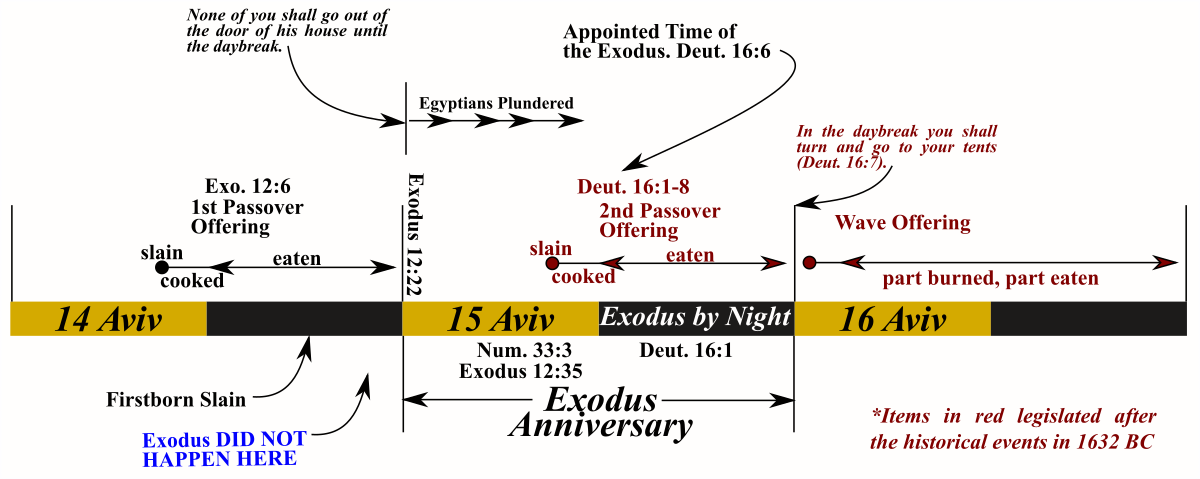Your article by Daniel Gregg says....
He states the Joshua 5:11 confirms that the wave offering is on the 16th. Quoting the translation (maybe his own, as I see he is attempting to translate from the Hebrew) that he uses..
“Then they ate from the produce of the land in the tomorrow of the Passover, unleavened bread and roasted grain on that same day.”
http://www.torahtimes.org/writings/understanding-shavuot-chronology/article.html
So "the tomorrow [or morrow] of the Passover", would be the 15th, and they ate the new grain on this day, which had to be after the wave offering. Passover the 14th, wave offering 15th, and eating the produce of the land on the 15th, as well.
The only way this could be true...Passover was on the Sabbath and the next day was the 15th, the morrow after the Passover and also the morrow of the 7th day Sabbath.
Here is a scripture that confirms the meaning of the "morrow of the Passover"....
Num 33:3 And they journey from Rameses in the first month,
on the fifteenth day of the first month, on the morrow of the passover have the sons of Israel gone out with a high hand, before the eyes of all the Egyptians--
Then Mr. Gregg, uses NT scriptures to try to confirm this OT scripture. That doesn't work very well. Because they were calling the 15th a Shabbot by the time of the second temple does not confirm that it was called that in the OT, in Moses or Joshua's time. Indeed, in the OT there was only one other day that was called a Sabbath besides the 7th day Sabbath. That day was the Day of Atonement.
The bigger problem with the Pharisee interpretation of “Sabbath” is when it comes to the end of the 50-day count. Leviticus 23:16 says,
“Until the morrow of the seventh Sabbath shall you count fifty days.”
The 1st day day of the Feast of Unleavened Bread could theoretically be called “Sabbath,” even though the Hebrew Bible never uses this terminology. However, the 49th day of the Pharisee counting is not a Sabbath, unless it happens to fall out on a weekly Sabbath - the 7th day of the week. Consequently, the Pharisee Shavuot is rarely the “morrow of the Seventh Sabbath” as required by Leviticus 23:16. About once every seven years, the Pharisee Shavuot does happen to fall out on the “morrow of the seventh Sabbath.”
http://www.nehemiaswall.com/truth-shavuot




